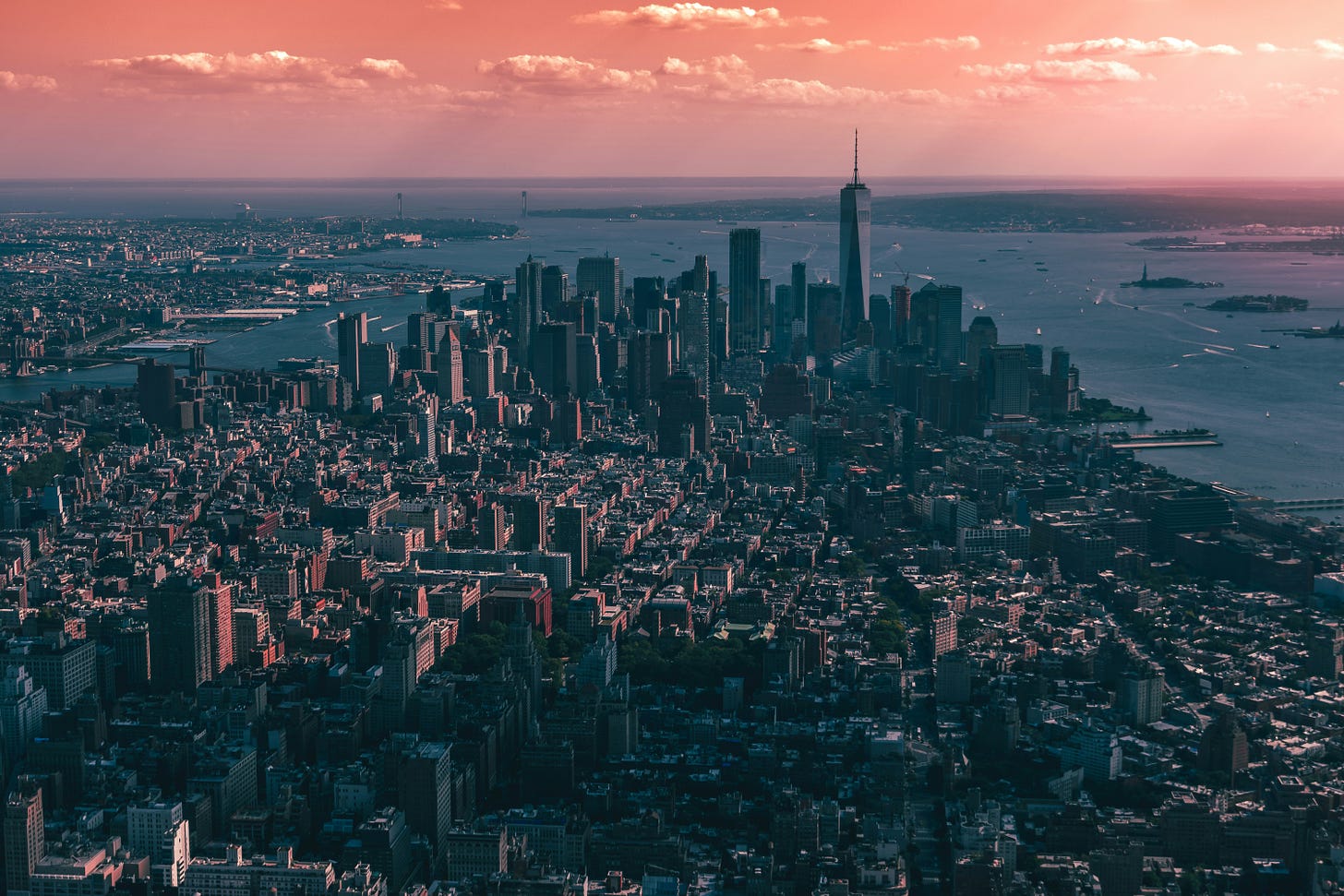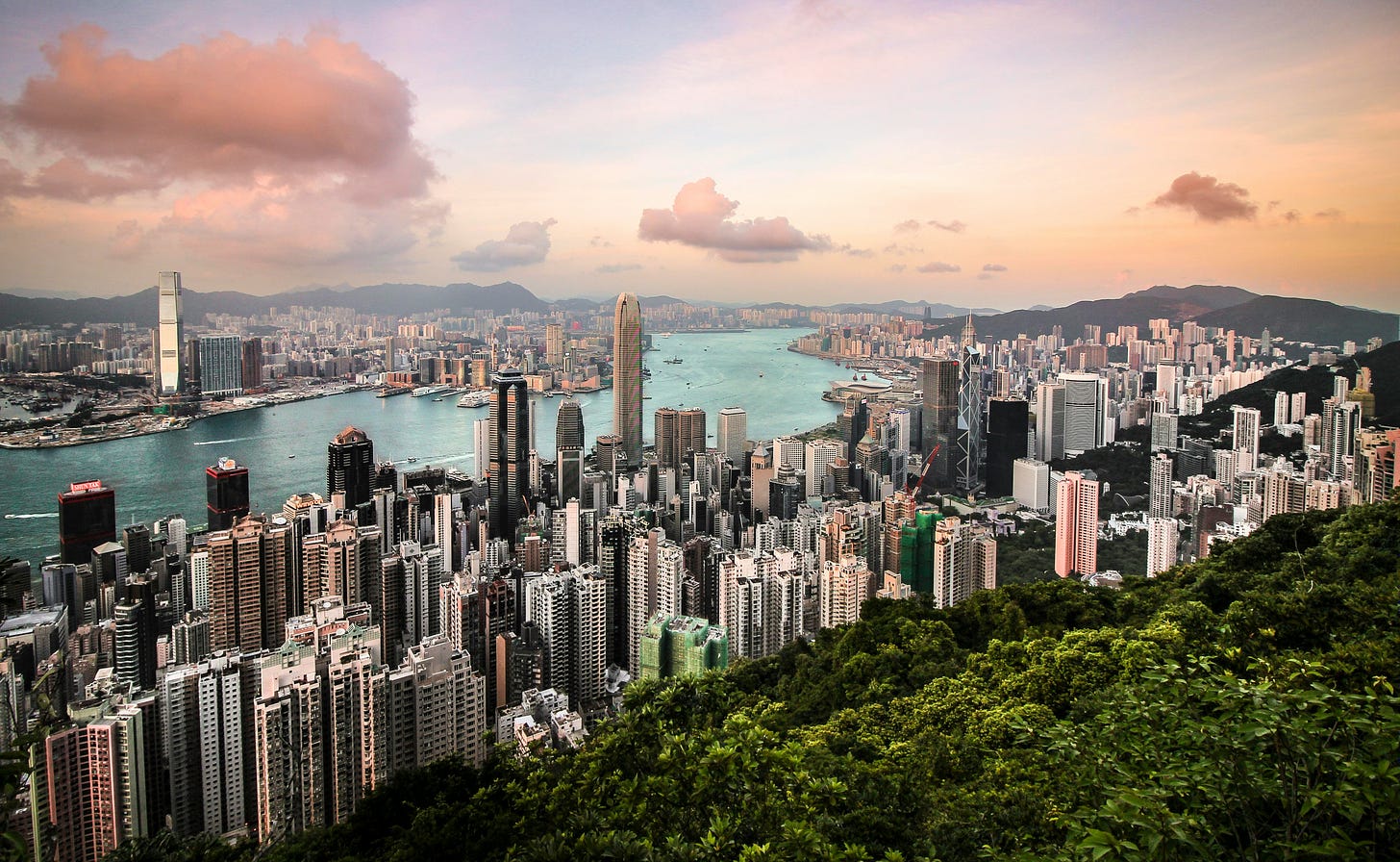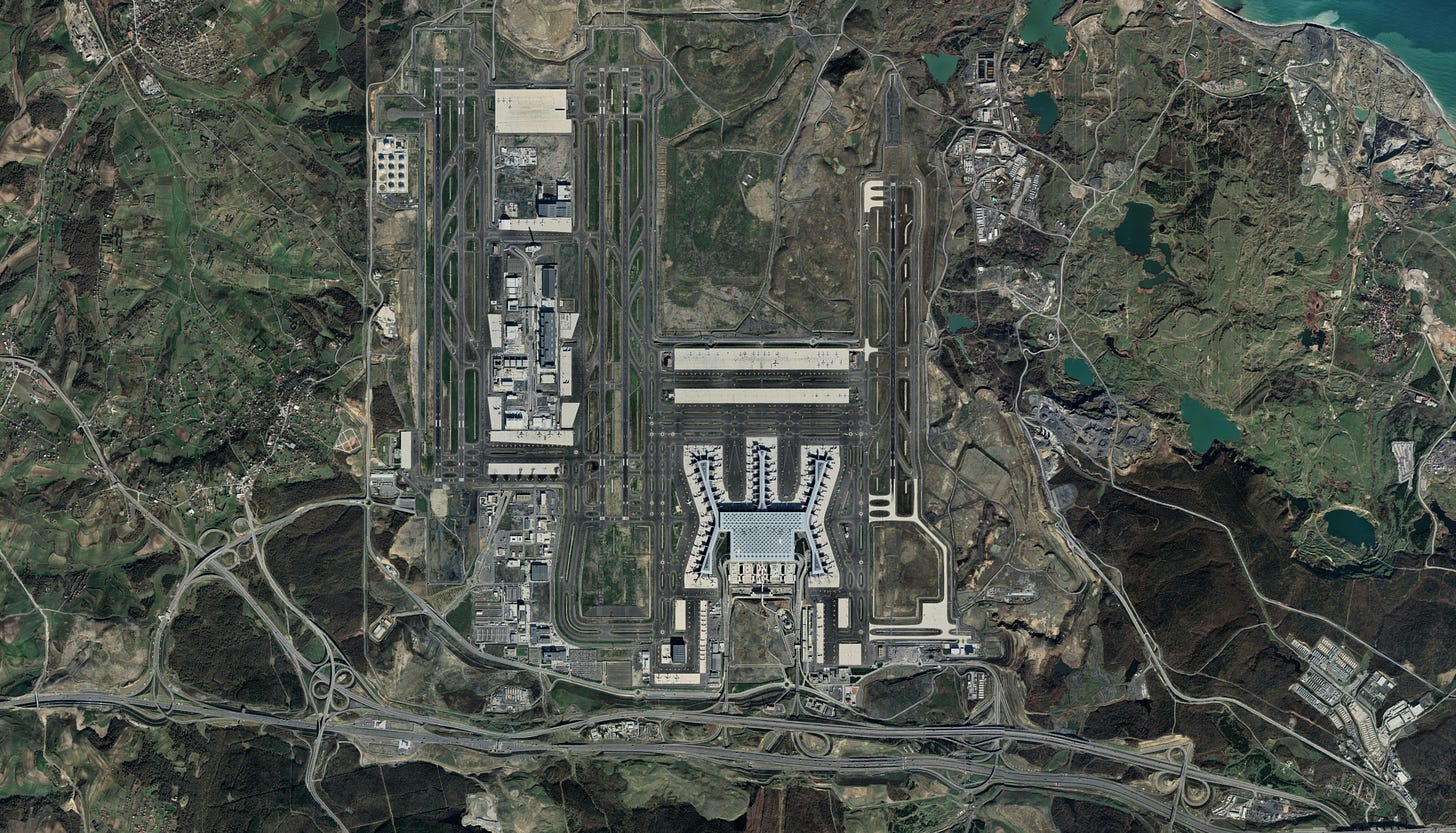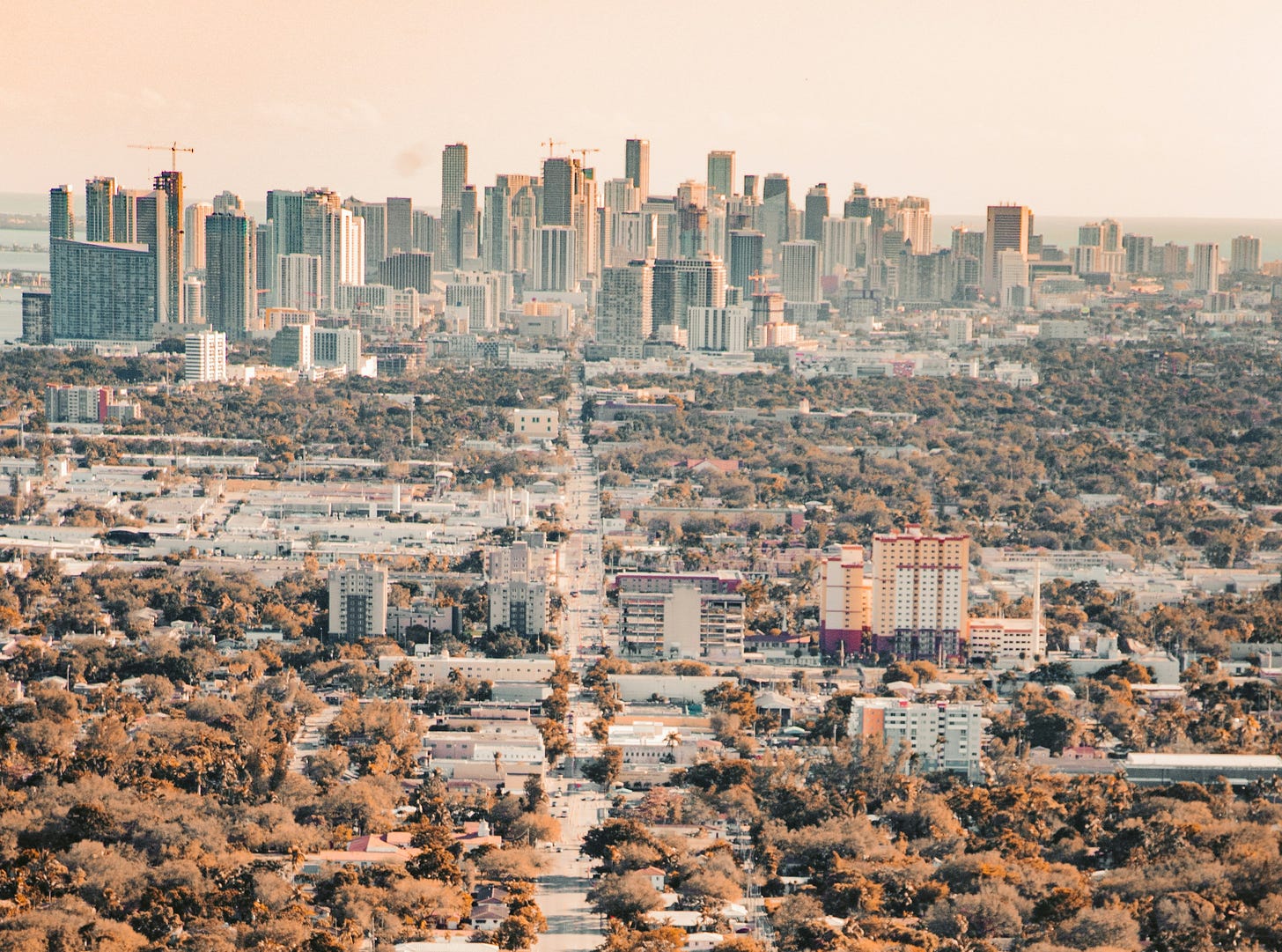20: The World's Greatest Cities - Inaugural Rankings
New York edges London in our global rankings, while Asia's aviation hubs challenge traditional power centers.
250520Z NOV 24
Good morning, and welcome to the 20th edition of Flightlines.
Last issue, we introduced our framework for ranking the world's greatest cities:
Today, we reveal our inaugural rankings and examine what they tell us about global power and connectivity in 2024.

The World's Greatest Cities - Our Inaugural Rankings
The results are in, and they tell a fascinating story about how global power is distributed—and shifting—across our world. While some findings confirm conventional thinking, others challenge our assumptions about what makes a city truly great in 2024.
New York tops our first rankings, but the gap is smaller than expected. London comes in a close second, while Tokyo and Paris complete a top four that outperforms the rest of the field. These cities combine exceptional aviation infrastructure with strong economic fundamentals and cultural influence.
The real story emerges in the next tier of cities. Dubai (5th), Singapore (6th), and Hong Kong (7th) demonstrate how strategic location and aviation excellence can elevate cities beyond their size. Each has built world-class aviation infrastructure that transforms local geographic advantages into global influence.

Hong Kong's resilient seventh-place showing deserves special attention. Despite recent challenges, it continues to handle over 50 million international passengers annually, highlighting its enduring role as a key connector between China and the world. The city's ability to maintain this position speaks to advantages that go beyond politics: location, infrastructure, and decades of expertise in global commerce.
Regional Patterns
North America's urban strength runs deeper than many realize. Beyond New York's top ranking, Los Angeles (11th), Chicago (13th), and Washington (15th) rank high, demonstrating how developed aviation networks combine with economic diversity to sustain global influence.
Europe relies heavily on its traditional powerhouses. London and Paris lead the way, while Istanbul (12th) shows how aviation can amplify a city's natural advantages. Istanbul's position reflects how its new airport and growing route network are transforming the city into a global connector.

Asia presents the most dynamic picture, with eight cities out of the top 15. Beyond Tokyo's third-place ranking, we see Beijing, Seoul, Shanghai, Hong Kong, and Bangkok (14th) leveraging aviation infrastructure to enhance their global footprint. This concentration of highly-ranked Asian cities reflects shifts in connectivity patterns, and in global power dynamics generally.
Size vs. Strategy
Our rankings challenge conventional thinking about urban power. Consider Delhi (17th) and Dubai (5th). While Delhi's population of 32 million dwarfs Dubai's 3.3 million, Dubai's aviation infrastructure and international connections boost its influence significantly.
This pattern repeats throughout our rankings. Singapore (5.9 million residents) outperforms megacities like Guangzhou (26.9 million) and Jakarta (33.7 million). In today's connected world, strategic position and infrastructure often matter more than size.
Looking Ahead
These rankings will evolve. Several cities show potential for significant movement:
Seoul's cultural influence and tech sector growth could push it higher.
Istanbul's new airport and expanding route network may elevate its position.
Dubai's continuing aviation expansion suggests it isn't content with fifth place.
Next quarter, we'll examine how these cities are investing in aviation infrastructure to enhance their global positions. We'll look deeper into growing markets - cities like Miami (18th), San Francisco (22nd), and Houston (23rd) that could rise in the rankings. We'll also look into emerging challengers like Melbourne and Munich that could breach the top ranks.

Traditional city rankings often focus on quality of life or economic output. Our approach centers on connectivity - how effectively a city links to global networks. In today's world, a city’s power comes as much from its connections as its contents.
We welcome your perspectives on these rankings. Which cities surprised you? Which do you think deserve higher rankings? —✈
✈
Thank you for reading.
Flightlines will be back next week with more insights and updates from the world of commercial aviation.
Until then, safe travels and happy flying!





The top 25! Ranking on "connectivity" is a really unique approach and I like how it differentiates what Flightlines offers from other "greatest cities" lists. Could you share how the "score" number was calculated? And to answer your prompt, I was surprised to see Guangzhou which I know absolutely nothing about - and consequently it was interesting, and made sense, to get to see its relatively miniscule number of international passengers.